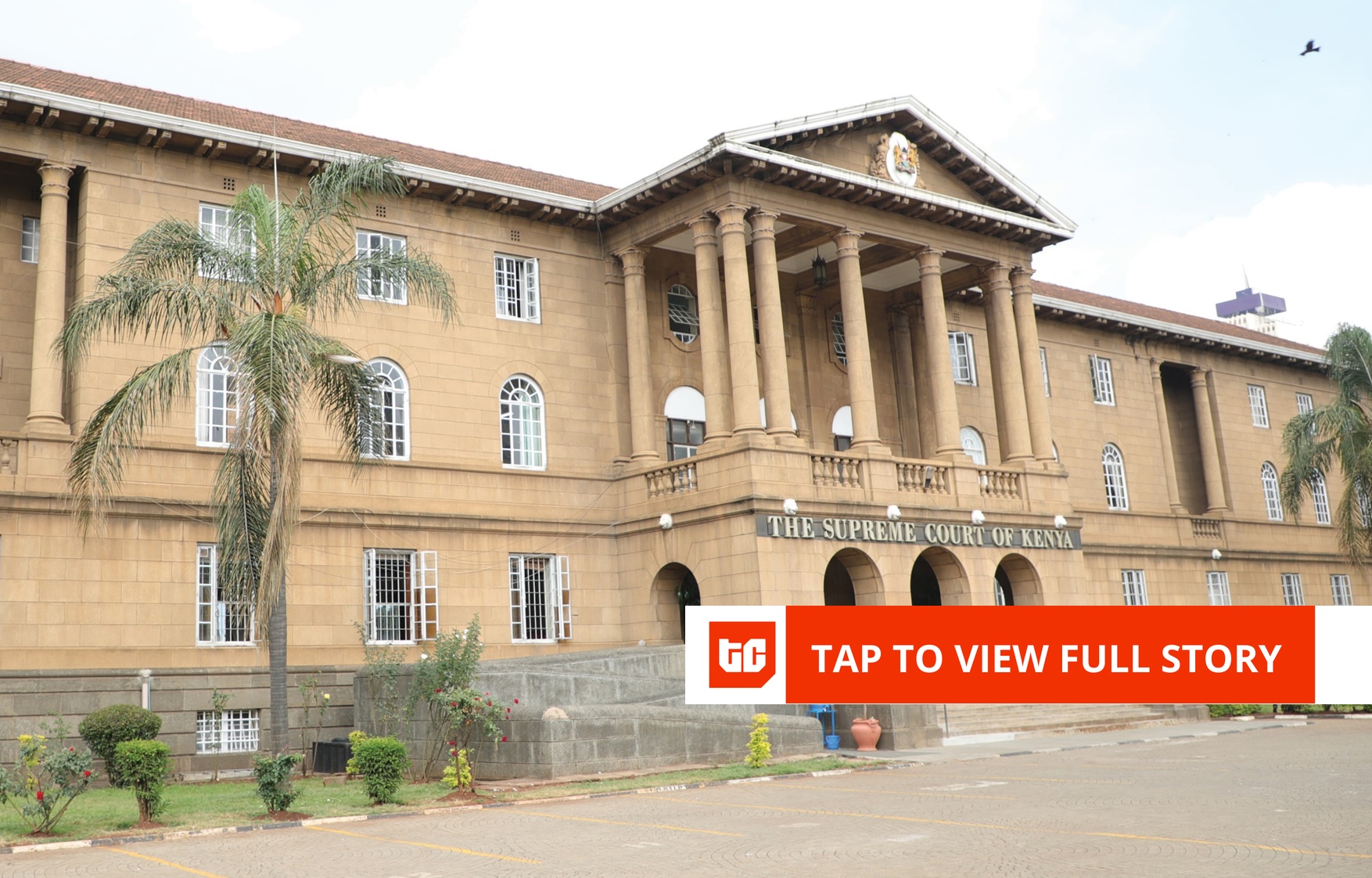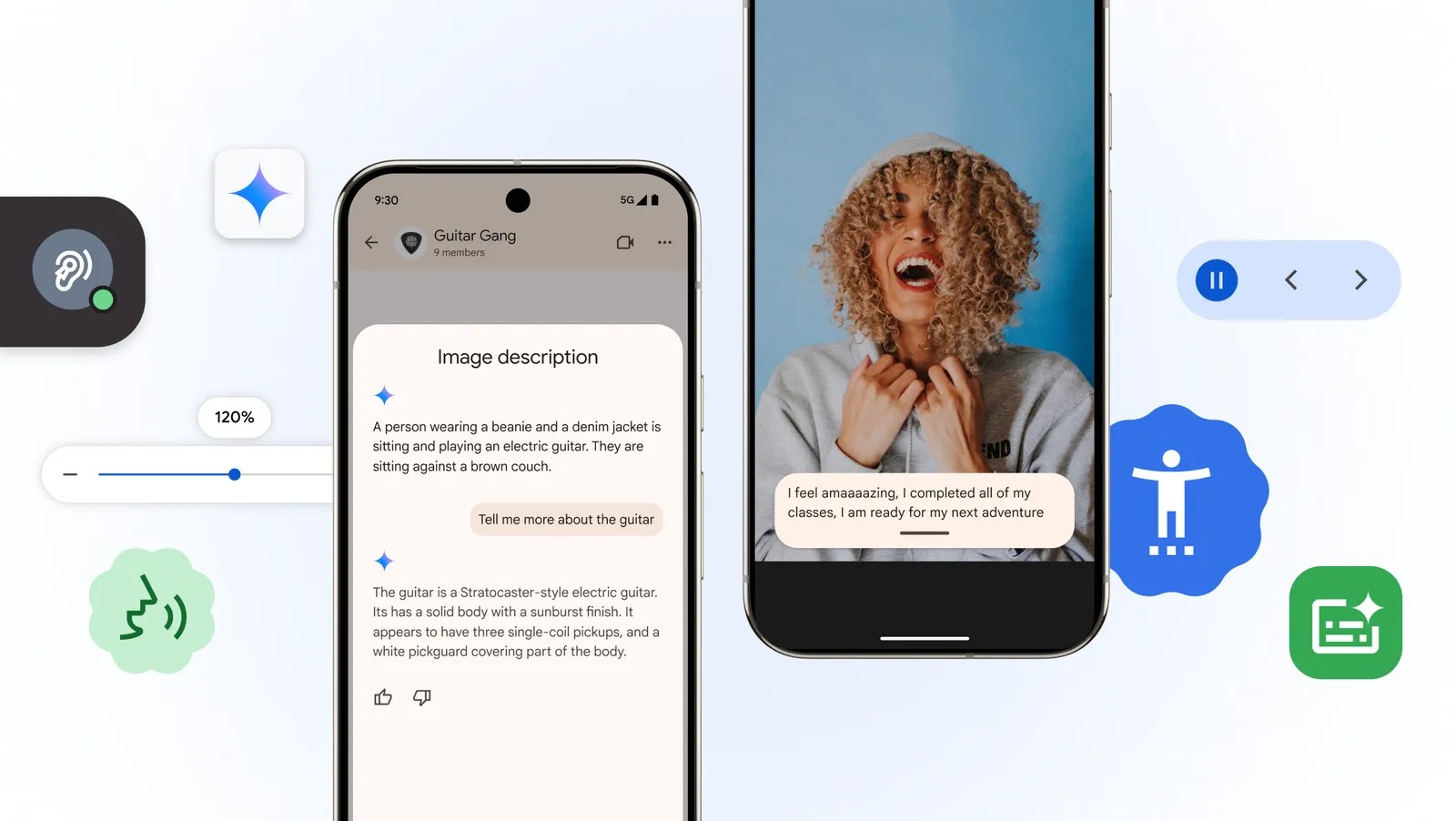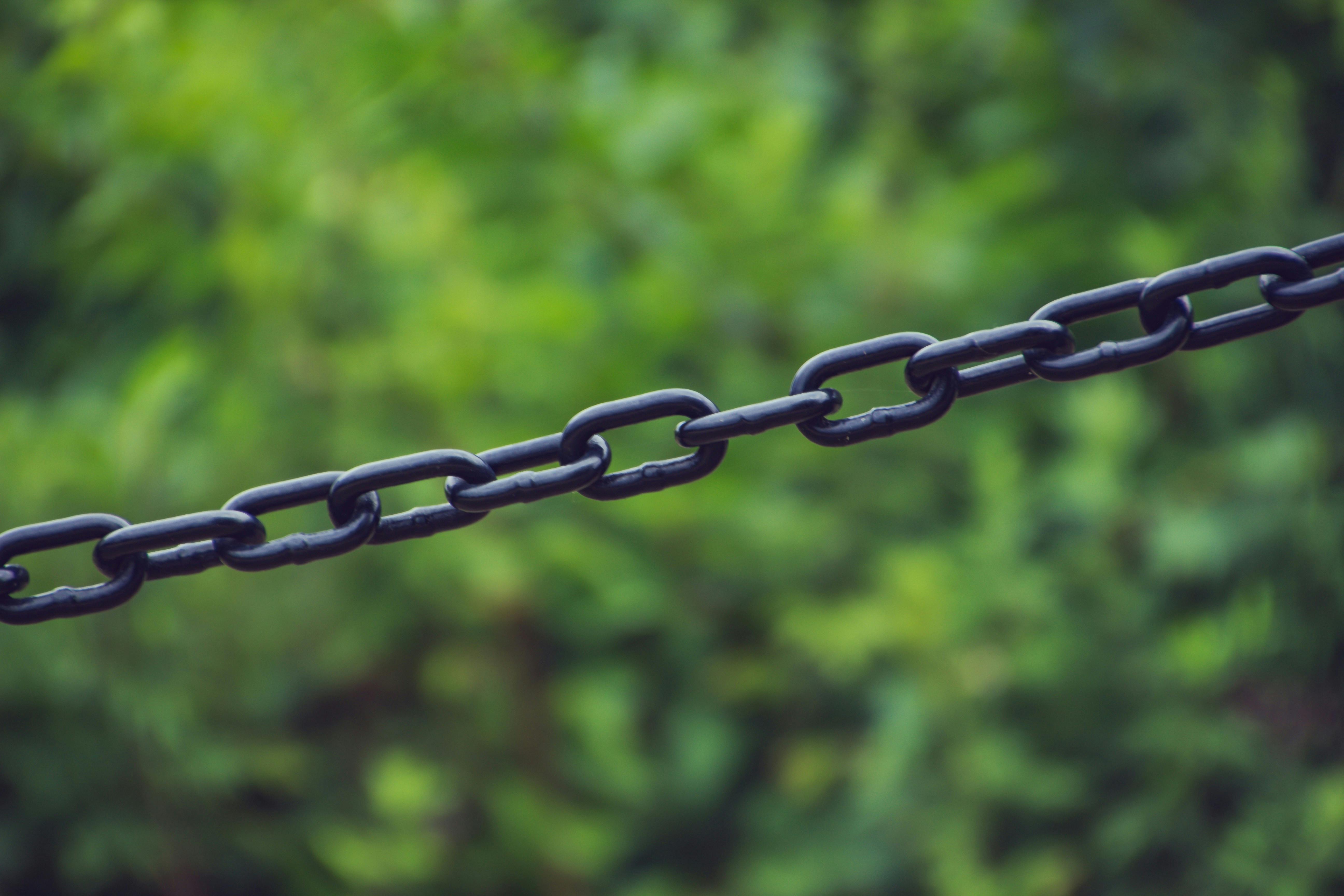The High Court of Kenya has barred the government, telecom operators, Safaricom and Airtel, and the country’s communications regulator, from disrupting internet access, marking a significant step in the fight for digital rights in East Africa’s most connected country.
Seven civil society organisations are suing the Communications Authority (CA), the Attorney General, the Ministry of ICT, Safaricom, and Airtel Kenya, challenging the legality of past and potential internet shutdowns.
On May 14, Justice Bahati Mwamuye issued an order restraining state agencies and telcos from interfering with digital communications until the case is fully heard. The petitioners include the International Commission of Jurists (Kenya Section), Bloggers Association of Kenya (BAKE), Paradigm Initiative, Kenya Union of Journalists, Katiba Institute, Law Society of Kenya, and CIPESA.
Mwamuye ruled against “shutdown, blockage, denial of access or service, or causing to become offline as disclosed in the Application and the Petition.” The judge also ordered the preservation of all documents linked to previous shutdowns, setting the stage for deeper scrutiny.
Kenya’s internet disruptions have been allegedly used to silence dissent and disrupt communication, exposing the fragile state of digital rights protections. This case could therefore force a legal assessment on the limits of state power in controlling digital spaces.
“We got orders blocking everyone we sued or their agents, or departments within them, from restricting internet in any way or form. They are also not allowed to limit phone calls as well,” James Wamathai, Director, Partnerships and Advocacy, Bloggers Association of Kenya (BAKE), told TechCaba.
Kenya witnessed internet disruptions during critical moments, including the 2024 #RejectFinanceBill protests and the 2024 pre-college examinations. Evidence from Cloudflare, IODA, and OONI pointed to deliberate throttling and the blocking of Telegram, claiming that the app was being used to facilitate cheating, which raised serious questions about abuse of power.
The petitioners argue that these disruptions violated fundamental rights, freedom of expression, media freedom, access to information, and broader economic and social rights. They also cite Kenya’s obligations under the African Charter on Human and Peoples’ Rights and the International Covenant on Civil and Political Rights.
The organisations want the court to declare internet shutdowns without due process unconstitutional. They are also seeking court-ordered frameworks to enforce judicial oversight, transparency, and accountability in digital governance.
“The outcome of this case will have far-reaching implications for millions of Kenyans who rely on unimpeded connectivity for livelihoods, education, and civic engagement,” Kennedy Kachwanya of BAKE said.
The next court hearing is scheduled for June 23.









